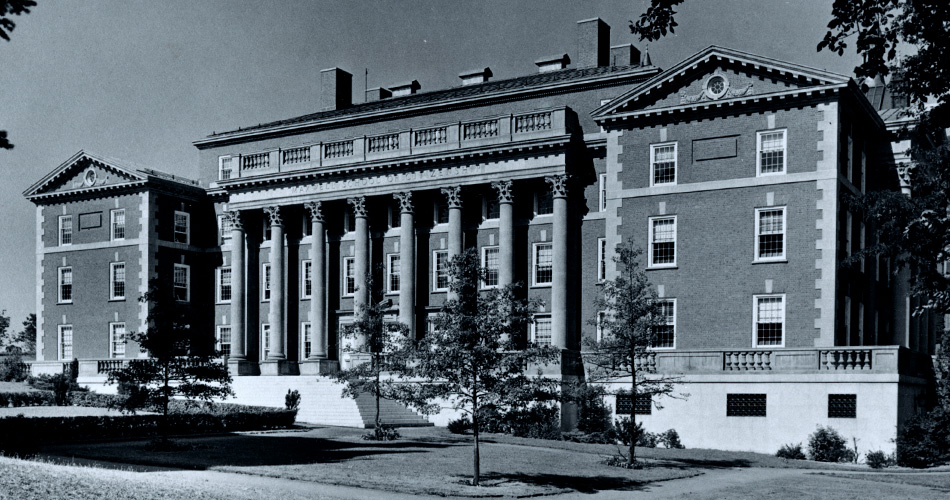Challenges to Citizenship in the Middle East and Beyond: Inclusion, Exclusion & Negation
Virtual
Add to: Outlook, ICal, Google Calendar
Moynihan Institute of Global Affairs
Middle Eastern Studies Program presents
Challenges to Citizenship Series
Challenges to Citizenship in the Middle East and Beyond: Inclusion, Exclusion & Negation
Over a decade after popular uprisings erupted across the Middle East and North Africa, the region is still struggling with the impact of the Arab revolutions and counterrevolutions. This interdisciplinary webinar will feature a wide-ranging discussion on the challenges to citizenship from Morocco to Iran as well as in diasporic communities in the United States and Europe. This webinar is part of the Moynihan Institute's Challenges to Citizenship Series.
Panelists:
Aslı Bâli
Aslı Bâli is Professor of Law at the UCLA School of Law and Faculty Director of the Promise Institute for Human Rights. Bâli’s research focuses on two broad areas: public international law—including human rights law and the law of the international security order—and comparative constitutional law, with a focus on the Middle East. Her scholarship has appeared in the American Journal of International Law Unbound, Cornell International Law Journal, International Journal of Constitutional Law, University of Chicago Law Review, UCLA Law Review, Yale Journal of International Law and Virginia Journal of International Law, among others, and her edited volume Constitution Writing, Religion and Democracy was published by Cambridge University Press in 2017. She also currently serves as co-chair of the Advisory Committee for Human Rights Watch-Middle East.
Elizabeth Shakman Hurd
Elizabeth Shakman Hurd is Professor of Politics and Religious Studies and Crown Chair in Middle East Studies at Northwestern University in Evanston, Illinois, USA. She is the author of The Politics of Secularism in International Relations (2008) and Beyond Religious Freedom: The New Global Politics of Religion (2015), both published by Princeton, and is a co-editor of four volumes on the intersections of politics and religion in U.S. politics, foreign policy, and international relations. She is currently writing a book on religion and the American border. Twitter: @eshurd
Cyrus Schayegh
Cyrus Schayegh (PhD, Columbia University, 2004) is Professor of International History at the Graduate Institute of International and Development Studies, Geneva, where he arrived in 2017 from an Associate Professorship in Near Eastern Studies at Princeton University. In 2005-2008, he was Assistant Professor at the American University of Beirut. He has authored The Middle East and the Making of the Modern World (Harvard University Press, 2017) and Who Is Knowledgeable, Is Strong: Science, Class, and the Formation of Modern Iranian Society, 1900-1950 (University of California Press, 2009); edited Globalizing the U.S. Presidency: Postcolonial Views of John F. Kennedy (Bloomsbury, 2020); and co-edited The Routledge Handbook of the History of the Middle East Mandates (Routledge, 2015) and A Global Middle East: Mobility, Materiality and Culture in the Modern Age, 1880-1940 (Tauris, 2014).
Moderator:
Osamah Khalil
Osamah Khalil is an Associate Professor of History at Syracuse. He is the author of America's Dream Palace: Middle East Expertise and the Rise of the National Security State and the editor of United States Relations with China and Iran: Toward the Asian Century.
For more information, please contact Havva Karakas Keles, hkarakas@syr.edu or to request additional accessibility arrangements, please contact Morgan Bicknell, mebickne@syr.edu.
Open to
Public
Contact
Accessibility
Contact to request accommodations

We’re Turning 100!
To mark our centennial in the fall of 2024, the Maxwell School will hold special events and engagement opportunities to celebrate the many ways—across disciplines and borders—our community ever strives to, as the Oath says, “transmit this city not only not less, but greater, better and more beautiful than it was transmitted to us.”
Throughout the year leading up to the centennial, engagement opportunities will be held for our diverse, highly accomplished community that now boasts more than 38,500 alumni across the globe.